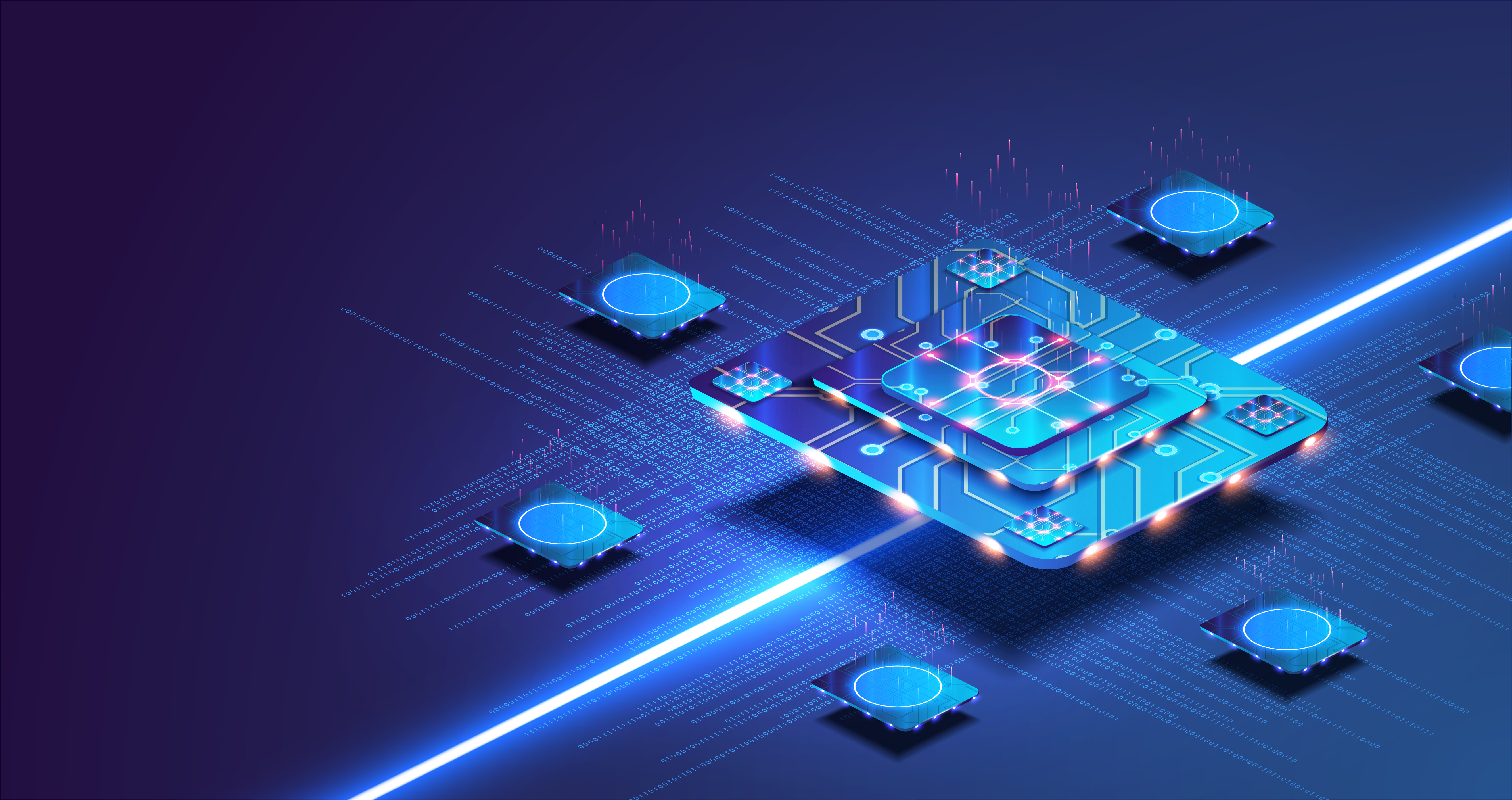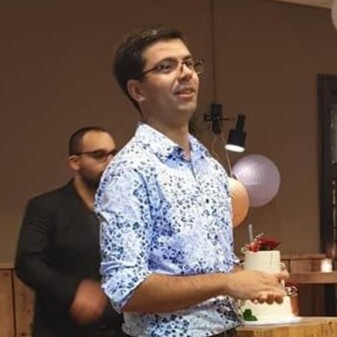Secura participates in MDI-QUEEN for next-generation industrial quantum cryptography devices

UNTAPPABLE EU INTERNET FURTHER DEVELOPED FOR INDUSTRIAL USE
Secura is partner in the project MDI-QUEEN. This EU-funded project enables a transition to a quantum-safe communication infrastructure. It strengthens the European ecosystem with a path towards the impending quantum internet. Secura will prepare an evidence package for CC EAL4 certification.
A consortium of quantum technology companies led by Q*Bird and Single Quantum will develop next-generation industrial quantum cryptography devices. The devices must be ready for certification and deployment in European telecom and enterprise infrastructures.
KEEP DATA COMMUNICATION SECURE
Quantum networking and quantum key distribution (QKD) are ways to keep data communication secure in a future where computers become ever more powerful. This is a new and growing field that has the potential to become a strong European technology market. Moreover, the EU Commission Cyber Resilience Act wants to provide European users with a safe cyberspace environment with a high level of security, while also stimulating the growth of the EU economy by adopting solutions of EU providers.
NEXT GENERATION QKD
QKD is a method of cybersecurity key distribution, where a cryptography key is established using quantum phenomena. Because of fundamental laws of nature, any tapping or recording of communication during that cryptography key distribution, is detectable by the quantum network. Q*Bird scientist Joshua Slater: “In general, QKD has been extensively studied and attacked by the community for over two decades. This has led to solving known vulnerabilities against QKD transmitters, however, there are still some cases in which the QKD receivers needs more protection. And that’s one of the advantages of our devices. Our receives are intrinsically secured against attacks.”
He continues: “Several QKD solutions already exist on the market, but none is inherently scalable to many users while also remaining cost-effective. Our specific networks comprise nodes that are all connected to a centralized hub, which operates like a typical telephone switch board operator. Multiple users can be connected within the same network and can exchange quantum secured keys. This is an incredible advantage over other QKD solutions, that are based on point-to-point solutions.”
DEVELOP AND INDUSTRIALIZE
Q*Bird Director of Business Development Ingrid Romijn: “There is a need for a next-generation QKD solution that is intrinsically secure against detector and receiver attacks. The project will lift the applicability of QKD to the next level. We already have deployed our prototype QKD devices as proof-of-concept networks between cities in 2021. Now, we will miniaturize and integrate the system further.”
“The consortium will develop and industrialize next-gen QKD devices and crucial elements to upgrade to future quantum information networks,” Romijn adds. “This will enable a transition to a quantum-safe communication infrastructure and strengthen the European ecosystem with a resilient value chain for the upcoming quantum communication market.”
To obtain an industrialized quantum-safe communication link requires the development of a novel transmitter and receiver. Bright Photonics will lead the development of the transmitter by designing photonic integrated circuits (PIC) which form the core of high-rate qubit sources. These PICs will be fabricated at EU-based indium phosphide and silicon nitride foundries. Single Quantum will lead the development of robust and miniaturized receivers that are essential for the next generation QKD devices.
READY FOR CERTIFICATION
The main goal of this project is to deliver high-performant, industrial QKD devices, ready for certification and deployment in operational European telecom and enterprise infrastructures. Explicit parts of the project concern a controlled documentation environment and security certification strategy and roadmap. For example, collecting and monitoring all requirements documentation, architecture specifications, etc, will greatly simplify future certification procedures.
What is more, Secura will safeguard that documentation meets the requirements of EAL4 certification by Common Criteria. This ensures that the next-gen QKD solution developed by the partners will be ready for industrial adoption and contribute to the development of Europe’s industrial ecosystem for quantum communication technologies and systems.
FUNDING
The MDI-QUEEN project is funded by the Digital Europe Program, project code 101091466.
PARTNER ROLES
- Q*Bird is a spinout of QuTech—a collaboration between the TU Delft and TNO—and will develop the quantum hardware, firmware and software for the next generation QKD devices, as well as integrate the components developed by the partners into robust, stable and industrial systems;
- Single Quantum is a European pioneer in single photon detectors and will develop robust and miniaturized detection units optimized for QKD applications as well as supporting Q*Bird with the project coordination and interfacing with the European Commission;
- Bright Photonics is a design house for photonic integrated circuits (PIC) that will lead the development of integrated high-rate qubit sources for next-gen QKD and quantum internet applications;
- Secura is a cybersecurity testing and certification company and will prepare an evidence package for CC EAL4 certification.
MORE INFORMATION
Would you like to learn more about our Industrial Cybersecurity Services? Please fill out the form and we will contact you.

Why choose Secura | Bureau Veritas
At Secura/Bureau Veritas, we are dedicated to being your trusted partner in cybersecurity. We go beyond quick fixes and isolated services. Our integrated approach makes sure that every aspect of your company or organization is cyber resilient, from your technology to your processes and your people.
Secura is the cybersecurity division of Bureau Veritas, specialized in testing, inspection and certification. Bureau Veritas was founded in 1828, has over 80.000 employees and is active in 140 countries.





